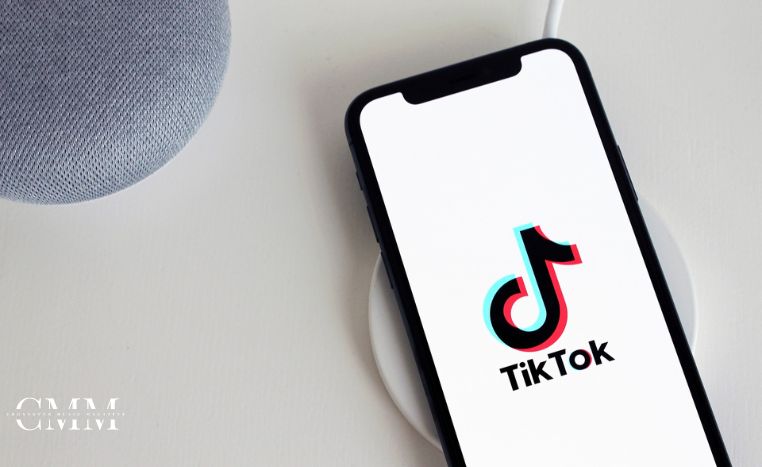On February 1st, major news outlets like The New York Times and PBS began reporting that Universal Music Group (UMG) was pulling their catalog from TikTok after they failed to come to a satisfactory agreement regarding payments for their artists.
Background: The Impact of UMG’s Move
UMG represents a powerhouse of artists, including iconic names like Taylor Swift, Ed Sheeran, Queen, and The Beatles. Their music has been a cornerstone of TikTok’s library, providing the soundtrack for countless viral videos and dance challenges.
In an open letter, UMG didn’t mince words. They accused TikTok of attempting to “bully” and “intimidate” them into accepting an unfair deal—one that undervalued their artists’ work. “Ultimately TikTok is trying to build a music-based business, without paying fair value for the music.”
TikTok, owned by Chinese company ByteDance, has become a global sensation, allowing users to create short-form videos set to licensed music and sound effects.
The Dueling Narratives
UMG’s stance is clear: TikTok’s proposed compensation rate falls far short of what other major social platforms pay. Despite TikTok’s massive user base, rapidly rising ad revenue, and reliance on music-based content, UMG claims the platform contributes only about 1% to their total revenue.
TikTok, on the other hand, disputes this narrative calling it “false.” They argue that UMG’s departure ignores the platform’s role as a free promotional and discovery vehicle for artists. With over a billion users, TikTok has been a launchpad for viral hits, even propelling lesser-known artists into the spotlight.
Artists Caught in the Crossfire
Opinions among artists are divided. Yungblud, a rising star, said “Two massive companies deciding what goes on with people’s art. It’s a bit f******* daft, isn’t it?” Meanwhile, Conan Gray expressed frustration, saying, “My career is over, for sure. I’m never gonna have a hit song again at this rate.”
In this shifting landscape, TikTok’s removal of UMG’s songs leaves independent artists in a precarious position. While original tracks have vanished, covers by independent artists remain—for now. However, background tracks may be muted, altering the creative landscape for those seeking their big break.
Taylor Swift Does it Her Way
In April it was announced Taylor Swift, who owns her own catalog, was able to organize her own deal to bring her music back to TikTok. Once again making it clear the importance of artists owning their own masters.







